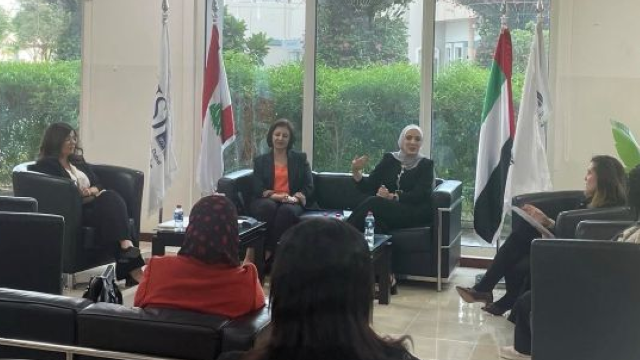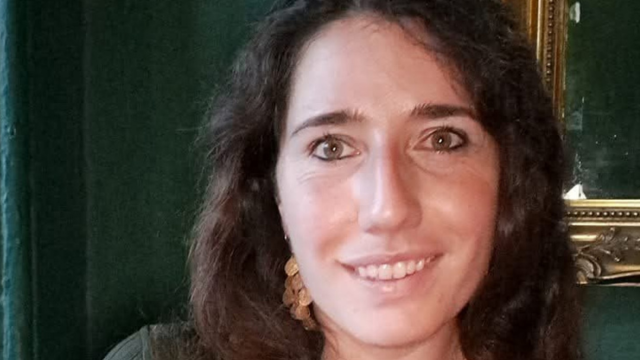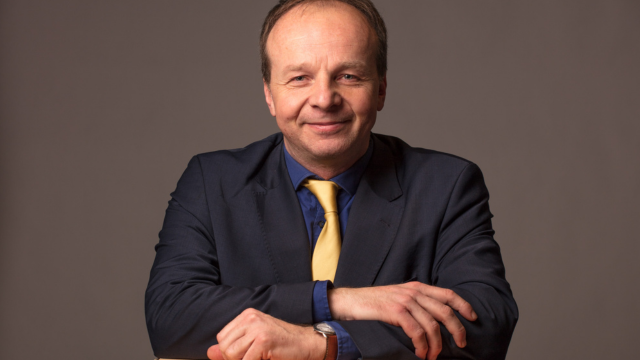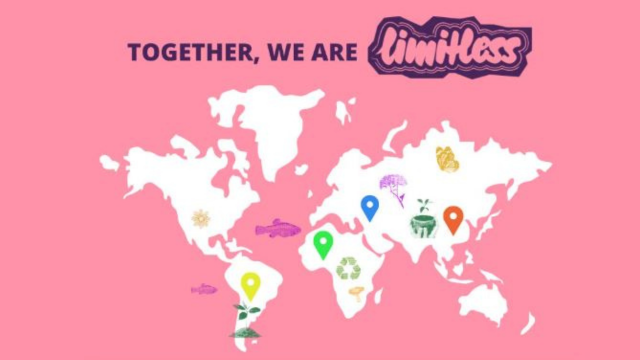-
QUALIFICATIONS
- For Linguists Worldwide
- For UK Public Services
- Preparation
- Policies & Regulation
-
MEMBERSHIP
- Join CIOL
- Professional Membership
- Affiliate Membership
- Chartered Linguist
- Already a member?
- Professional conduct
- Business & Corporate Partners
-
LANGUAGE ASSESSMENTS
- English
- All Other Languages
-
CPD & EVENTS
- Webinars & Events
- CIOL Conferences
- Networks
- CIOL Mentoring
-
NEWS & VOICES
- News & Voices
- CIOL eNews
- CIOL Awards
- The Linguist Magazine
- Jobs & Ads
-
RESOURCES
- For Translators & Interpreters
- For Universities & Students
- Standards & Norms
- CIOL & AI
- All Party Parliamentary Group
- In the UK
- UK Public Services
- Find-a-Linguist
An interpreting career on the world stage
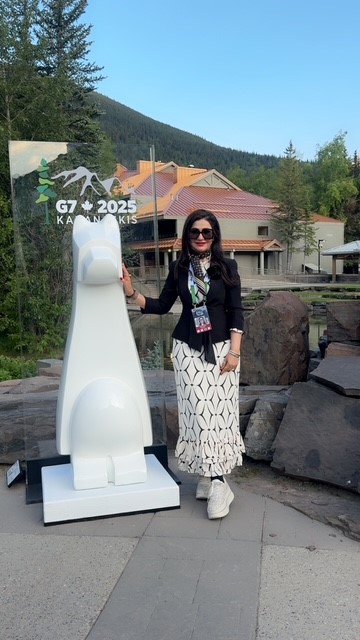
Amina Saif is a Chartered Linguist and a Fellow of the Chartered Institute of Linguists. Just back from a major interpreting assignment at the G7 meeting in Canada, which she describes as ‘a career milestone, and a moment of reflection on how far I’ve come in this journey..’, she shares with us what it takes to work with world leaders, interpreting on the international stage at important events such as G7 meetings.
What does it take to become an international conference interpreter in high-profile situations?
I would say that becoming a conference interpreter for global forums combines rigorous training, hands‑on experience, ongoing specialisation and strong professional relationships. It’s a journey of dedication and is incredibly rewarding, especially for those who keep learning, networking and stepping into the opportunities that come their way.
Certification and credentials
Professional recognition: From AIIC membership to having three DPSI qualifications as well as being a member of ITI and CIOL signalled my readiness for high-profile international work. Clients look for interpreters who meet global standards, and these credentials attest to my reliability and expertise.
Networking and advocacy
Success in this field isn't achieved alone. I have actively built relationships with agencies, event organisers and fellow interpreters worldwide. Word-of-mouth, based on consistent quality, opened doors to assignments such as the G7.
Embracing continuous learning
Interpreting at an international summit like G7 is technically demanding. Staying sharp means ongoing development, which for me includes taking part in CPD opportunities in legal interpreting, linguistic nuance workshops, as well as keeping field-specific glossaries on topics such as climate, finance, and diplomacy.
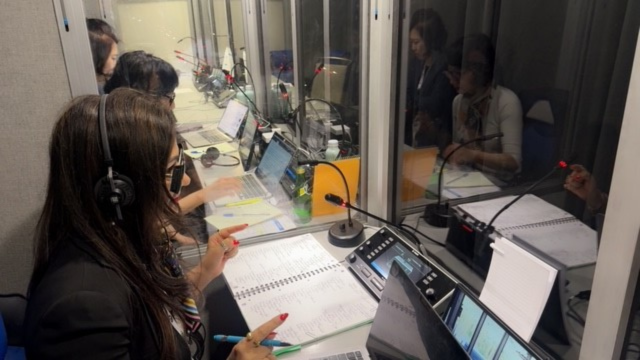
What things matter most and make the difference when supporting world leaders and high-level diplomacy?
Linguistic mastery and preparation
- Deep fluency across languages and expertise in political, legal, and economic terminology are essential.
- Glossaries and advanced research ensure accuracy in specialty subjects.
- Cultural competence and protocol.
- Interpreters serve as cultural mediators, conveying not just words, but tone, gestures, and context, preventing misunderstandings.
- They also respect diplomatic protocol, etiquette, and non-verbal cues – this builds trust.
Confidentiality and impartiality
- Absolute neutrality is mandatory - interpreters must never let personal opinions influence their work.
- What truly matters is a balanced combination of superb language skills, cultural understanding, ethical integrity, composure, adaptability, sharp memory, and technical coordination. These qualities transform interpreters from language conveyors into trustworthy partners in diplomacy – and they shape outcomes in world-class negotiations.
Are there any anecdotes, or surprising or amusing things which happened in Calgary which you are able to share?
The G7 leaders sat around a compact table, making eye contact, interjecting, laughing, and even cracking jokes – more like friends than formal heads of state. Watching them interact in this relaxed, personal manner was truly surprising. They didn’t come across as distant figures – they joked, shared moments of camaraderie, and seemed genuinely human. That warmth struck me deeply; it was a touching reminder that behind every world leader is a person with relatable emotions and connections. A moment I will cherish.
Are you proud of the work you have done, and what does this mean to you as a person and as a professional?
I am profoundly proud of my contributions at the G7 summit. Interpreting at such a high-calibre international event has deepened my skills, reinforced my confidence, and affirmed the significance of clear, accurate communication. On a personal level, it was incredibly meaningful to be part of global discussions shaping our world. Professionally, this experience has elevated my capabilities and further established my commitment to excellence in international conference interpreting.
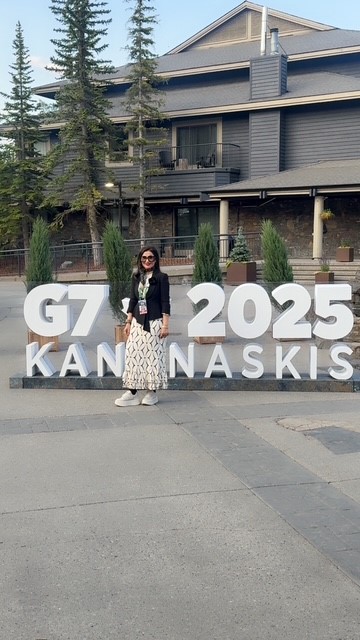
Views expressed on CIOL Voices are those of the writer and may not represent those of the wider membership or CIOL.
Filter by category
More
The Chartered Institute of Linguists (CIOL), Incorporated by Royal Charter, Registered in England and Wales Number RC 000808 and the IoL Educational Trust (IoLET), trading as CIOL Qualifications, Company limited by Guarantee, Registered in England and Wales Number 04297497 and Registered Charity Number 1090263. CIOL is a not-for-profit organisation.

